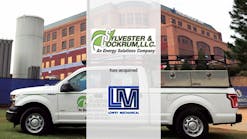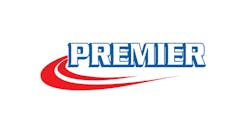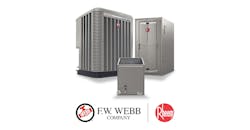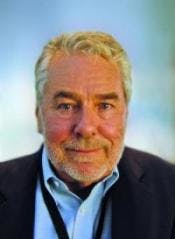Virtually all managers and business owners wrestle with the problem of filling open positions with a person who can contribute the most. Your approach to interviewing potential candidates is the basis for the future of your business, yet most hiring managers base their decisions on little more than a gut feeling.
In other words, many hiring managers choose to “wing it.” Ladies and gentlemen, I’m here to tell you there is a better way. As the Boy Scout motto says, “Be Prepared.”
The key element in the interviewing process, much like in the sales process, is the type of questions we ask. Preparing the right questions is vital. So here is a breakdown of what I feel are the steps necessary to conduct such an interview and subsequently ask the best questions.
First, pre-determine what information you wish to extract from the interview. If I’m interviewing for a salesperson position, my list might read:
- What’s the candidate’s experience?
- What’s their selling ability?
- What are their short- and long-term career goals?
- What’s their work ethic?
- What motivates the individual to success?
- How will he/she fit into my organization?
- Open versus closed-type questions.
The list could be much longer but, the most important thing is to gain accurate information through the questions you ask. I use a combination of open- and closed-ended questions for this purpose. If you want to learn about candidates’ experience, use a closed-ended question, such as, “How long have you been selling service agreements?”
The same line of questioning won’t work when trying to determine their selling ability. A closed-ended question such as, “Do you have a strong sales aptitude?”, would bring a predictable answer. An experienced manager would use the open-ended approach: “Tell me about a sale you made that required an extreme effort.”
This approach might blind-side the applicant. If they can’t answer immediately, tell them to take their time and think about the question. Ask them about their strategies, preparation, and the objections they had to overcome.
I follow their answer with another open-ended question, “Tell me about the worst customer you have encountered.” The answer will usually depict their level of customer tolerance and help you determine their ability to keep customers on board.
Compensation questions
I never discuss the compensation package until well into the first interview. Rather than simply telling the applicant what I offer, I ask them what type of compensation plan they would prefer: full -salary, full-commission, or a combination. This is usually not a question they are prepared for. While there is no right or wrong answer, their response will reveal how aggressive they are. The heavy hitters will never choose full salary and typically prefer the greater reward that comes from commissions.
If the candidate has more than one job in the last five years, I want to know why he or she left each employer. I look for patterns in the reasons. If it is conflict with the boss, they might have a problem with authority.
On the other hand, if they change jobs consistently for money, you can bet the applicant will run to your competitor if offered more income.
For sales positions, it’s worthwhile to ask the applicant to come back for a second meeting with a prepared sales presentation. If they are from outside the HVACR industry, I ask them to pick an intangible product or service to sell. Observe their presentation skills and note the selling tools and visual aids they choose.
Checking references is the last step in my process. I won’t call their friends, pastor, neighbors, etc. Calling past employers is seldom fruitful in our lawsuit-happy society. Most large companies have a policy of only disclosing term of employment and the last position held (not a bad idea for all companies). In lieu of this, I ask for names of a couple of co-workers. Typically they are more inclined to shed a true picture.
Hiring mistakes are very costly. It’s worth the effort to plan and prepare for each interview.
contracting sales consulting firm based in Texas. He speaks to associations and HVAC trade groups, and consults with commercial contractors across the country, in addition to writing this column for Contracting Business.com.
E-mail Earl with any questions or comments at: [email protected] or call him at 515/321-2426.










